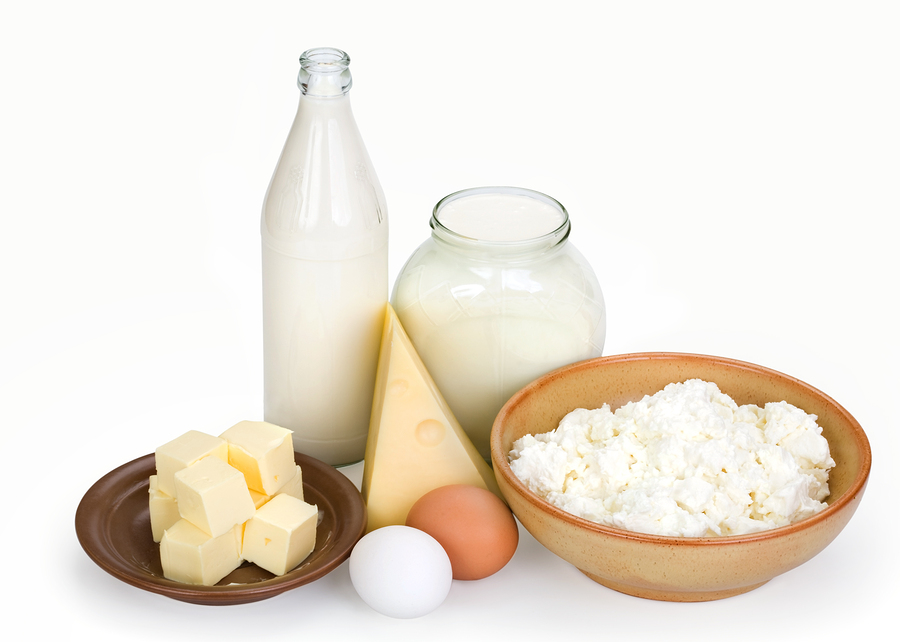July 12, 2024

It’s common knowledge that seniors deal with many changes as they age. Some of those changes might require them to modify their diets to maintain optimum health. For instance, lactose intolerance, a condition in which the body has trouble digesting lactose, is one prevalent problem among seniors. This condition may also cause bloating, pain, and other digestive problems. Fortunately, there are plenty of dairy substitutes that can offer comparable nutritional advantages without causing issues. With home care assistance by their side, seniors can explore these alternatives and determine which is best for them.
Lactose-free dairy products are a terrific option for seniors who still like the flavor and texture of typical dairy products. These foods, which include cheese, yogurt, and milk, are easier to digest since the lactose enzyme has already been broken down. They offer comparable amounts of protein, calcium, and vitamin D to those found in conventional dairy products.
Plant-based alternatives have become more and more popular in recent years, and seniors can find them in most grocery stores. Typical choices include the following:
For seniors who like yogurt, there are dairy-free options prepared with oat milk, coconut milk, soy milk, or almond milk. Like conventional yogurt, these substitutes frequently contain probiotics, which are good for intestinal health. Additionally, with home care assistance, seniors can learn how to incorporate yogurt substitutes into recipes.
While it might be difficult to find exact substitutes for conventional cheese, there are dairy-free options that can be eaten on their own or incorporated in recipes. Seniors can try a few different brands to see which ones they like the best.
Seniors can look for calcium-fortified foods such as cereals, orange juice, and tofu to guarantee an adequate intake of calcium, which is essential for bone health. In the event that dairy substitutes alone are insufficient, these options can supplement calcium consumption.
When choosing dairy alternatives, it’s important that seniors don’t choose foods that do more harm than good. For instance, some alternatives might include unnecessary ingredients or extra sugars. For the healthiest options, they should be encouraged to choose alternatives with the fewest ingredients possible. Also, as mentioned above, they can find the best alternatives for their needs by experimenting with a variety of options. Finally, it may be necessary for them to speak with a dietician who can provide them with a personalized plan.
Seniors who are lactose-intolerant may find comfort in healthy dairy substitutes. These days, it’s easier than ever to maintain a balanced diet with home care assistance by their sides, thanks to the abundance of alternatives found at the store.